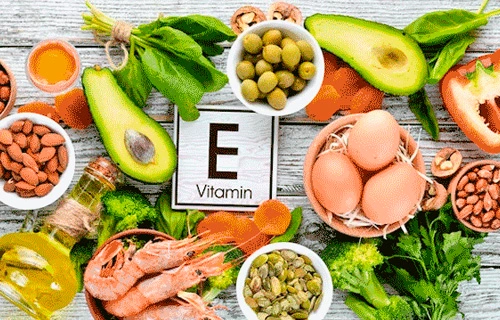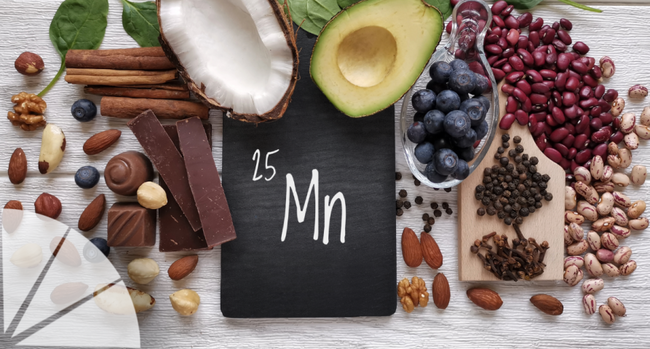B5 vitamin Pantothenic acid

If you tested your DNA with a personal genomics service like 23andMe, AncestryDNA, FamilyTreeDNA, MyHeritage or another testing company, you can learn more about your risk factors for hundreds of diseases. By clicking the button above ⬆️, you can upload your raw DNA data file and receive a personalized 250-page health report with research links that is the most comprehensive.
Vitamin B5, also known as pantothenic acid, naturally occurs in various plants and animals, including eggs, milk, vegetables, beef, chicken, and whole grains. It is also added to certain foods artificially. Deficiency in vitamin B5 is generally uncommon due to its presence in many dietary sources; however, it may occur in individuals with severe malnutrition. Identifying the specific effects of vitamin B5 deficiency can be challenging since individuals deficient in this vitamin often have deficiencies in other nutrients as well. An experimental study on vitamin B5 deficiency linked it with symptoms such as fatigue, headaches, malaise, personality changes, numbness, muscle cramps, paresthesia, muscle and abdominal cramps, nausea, and impaired muscle coordination. Exploring the genetic aspects of vitamin B5 levels offers the potential for personalized nutrition strategies and targeted wellness interventions. By pinpointing specific genetic variations associated with vitamin B5 metabolism, individuals can receive customized dietary recommendations and interventions to optimize their nutrient status.
Several genes contribute to vitamin B5 levels:
PANK2:
This gene encodes Pantothenate kinase 2, an enzyme initiating the first step of vitamin B5 (pantothenic acid) metabolism, converting it to 4’-phosphopantothenic acid. Coenzyme A, a derivative of vitamin B5 crucial for various biochemical reactions, inhibits this enzyme.
SLC5A6:
The SLC5A6 gene directs the synthesis of a protein known as the sodium (Na+): multivitamin transporter (SMVT), facilitating the transport of essential vitamins, including vitamin B5, into our cells.
Changes in this gene, such as the presence of the SNP rs1395, can affect the function of the SMVT protein. Research suggests that individuals carrying the A allele of rs1395 may experience alterations in how their cells absorb and process vitamin B5.
It's important to recognize that while insights into genetic factors impacting vitamin B5 levels are valuable, they represent just one facet of a holistic wellness approach. Lifestyle choices, environmental factors, and comprehensive wellness assessments should also be considered to gain a comprehensive understanding of an individual's well-being.
Follow the link of the selected polymorphism to read a brief description of how the selected polymorphism affects Vitamin B5 (pantothenic acid) and see a list of existing studies.
SNP polymorphisms related to the topic Vitamin B5 (pantothenic acid):
| rs4815621 | |
| rs4815628 | |
| rs6084506 | |
| rs6084513 | |
| rs6107373 | |
| rs6116087 | |
| rs11906612 | |
| rs12480318 | |
| rs41279408 | |
| rs71647828 | |
About The Author
Li DaliLi Dali, a National Foundation for Outstanding Youth Fund recipient, is a researcher at the School of Life Sciences in East China Normal University. He earned his PhD in genetics from Hunan Normal University in 2007 and conducted collaborative research at Texas A&M University during his doctoral studies. Li Dali and his team have optimized and innovated gene editing technology, leading to the establishment of a world-class system for constructing gene editing disease models.


